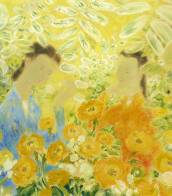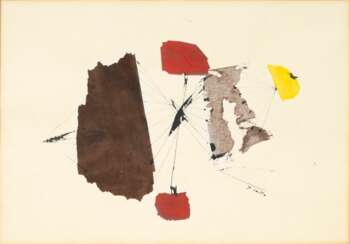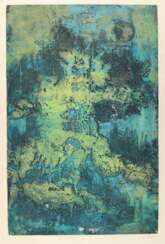сайт
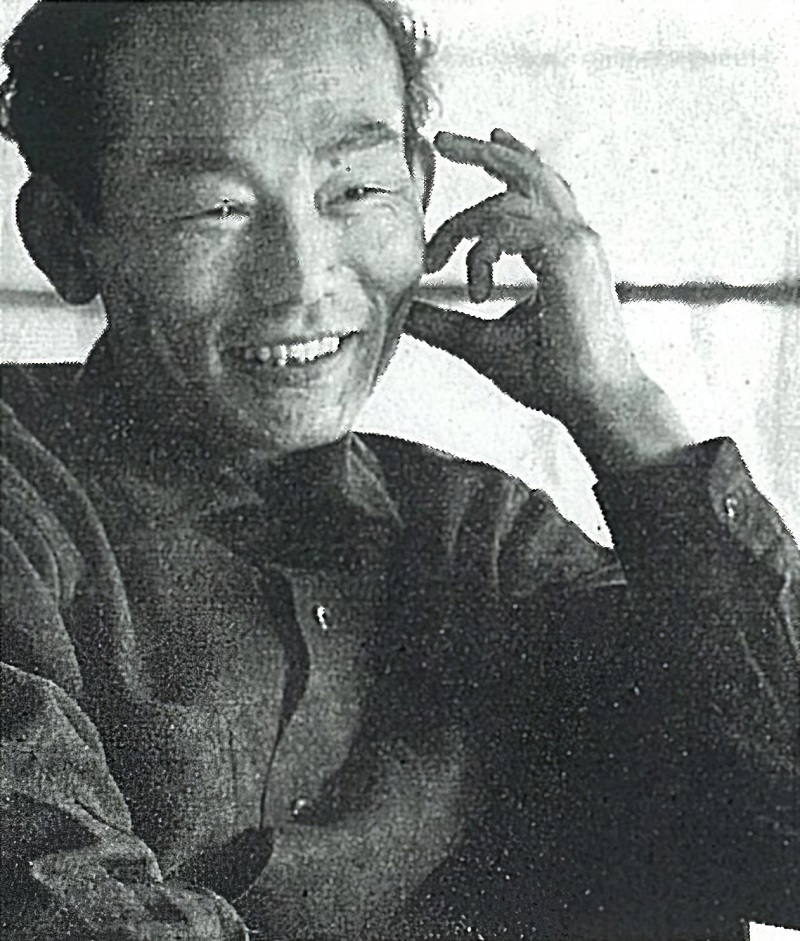
Yoshishige Saitō was a Japanese visual artist and art educator.
Saitō was a seminal figure in Japanese art of the 20th century and a crucial link between the prewar avant-garde and postwar abstract art in Japan. From early on, he was exposed to Post-Impressionism and the avant-garde movements, including Russian constructivism and European Dada, as well as Western literature and Marxism. In the 1930s, he became active in the avant-garde art circles, while pursuing abstraction in paintings and wood reliefs, most notably the relief series of Kara kara and Toro Wood. All of his prewar works and related materials were lost to an air-raid fire in 1945, some of them were reconstructed in the 1970s.
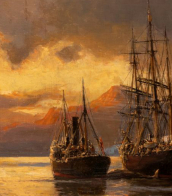

Yoshishige Saitō was a Japanese visual artist and art educator.
Saitō was a seminal figure in Japanese art of the 20th century and a crucial link between the prewar avant-garde and postwar abstract art in Japan. From early on, he was exposed to Post-Impressionism and the avant-garde movements, including Russian constructivism and European Dada, as well as Western literature and Marxism. In the 1930s, he became active in the avant-garde art circles, while pursuing abstraction in paintings and wood reliefs, most notably the relief series of Kara kara and Toro Wood. All of his prewar works and related materials were lost to an air-raid fire in 1945, some of them were reconstructed in the 1970s.
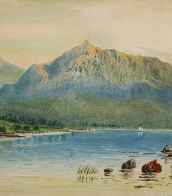

Yoshishige Saitō was a Japanese visual artist and art educator.
Saitō was a seminal figure in Japanese art of the 20th century and a crucial link between the prewar avant-garde and postwar abstract art in Japan. From early on, he was exposed to Post-Impressionism and the avant-garde movements, including Russian constructivism and European Dada, as well as Western literature and Marxism. In the 1930s, he became active in the avant-garde art circles, while pursuing abstraction in paintings and wood reliefs, most notably the relief series of Kara kara and Toro Wood. All of his prewar works and related materials were lost to an air-raid fire in 1945, some of them were reconstructed in the 1970s.
